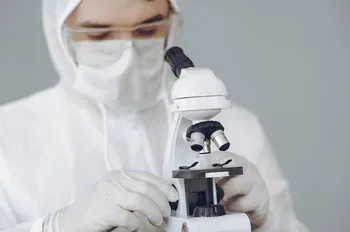For an increasing number of cancers with underlying heritable genetic risk, early detection and diagnosis are possible. Moreover, cancer incidence and mortality across Europe are increasing and show substantial variation, with Central and Eastern European regions and countries particularly affected[1]. Decisive action on early detection using easy-to-use, specific and sensitive, affordable and accessible genetic multi-omics[2] or other biomarker-based tests[3] will contribute to diagnosing and treating cancer with an underlying heritable genetic risk at an earlier, potentially curable stage, and with fewer side-effects.
Proposals should aim to deliver results through validating, piloting, and upscaling genetic, multi-omics, or other biomarker-based tests for early detection of cancers with underlying heritable genetic risk in routine healthcare, which are directed and tailored towards and contribute to all of the following expected outcomes:
- People and their families at heritable genetic risk of developing cancer, will benefit from the outcomes of evidence-based, tailored, affordable and accessible early detection, based on accessible and affordable tests;
- Civil society, foundations, and innovators will seize opportunities to respectively co-create, support or commercialise early detection programmes based on genetic, multi-omics or other biomarker-based tests.
- Regional[4], and national policymakers and authorities in Member States and Associated Countries will engage in piloting, scaling up or implementing suitable



